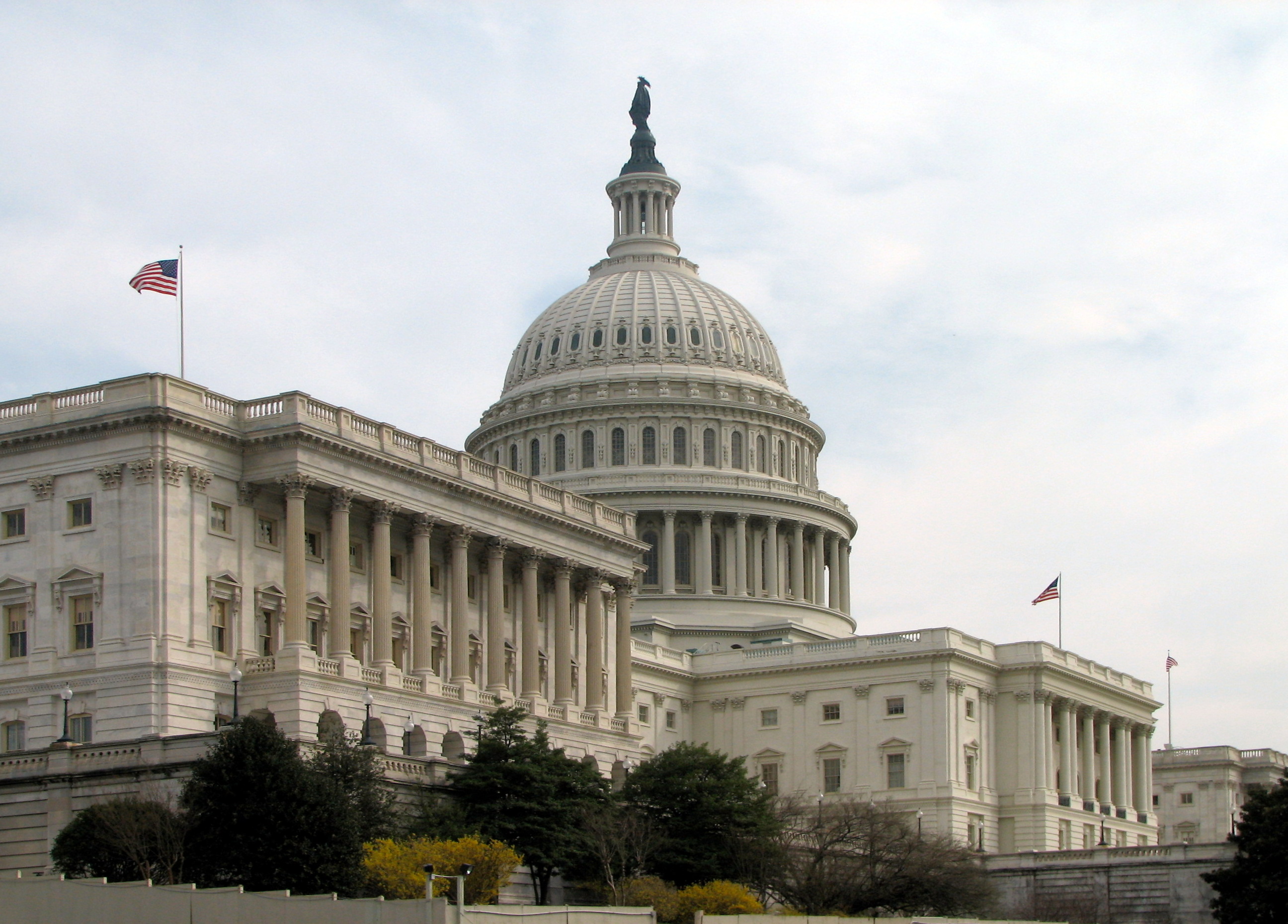Last Thursday Rep. Aaron Pilkington (R – Clarksville) and Sen. Breanne Davis (R – Russellville) filed H.B. 1069 letting pharmacists dispense oral contraceptives in Arkansas.
The bill is virtually identical to H.B. 1290 of 2019 — a bill that Family Council opposed at the Arkansas Legislature two years ago.
Family Council opposes this type of legislation primarily for two reasons.
First, oral contraceptives carry a number of health risks — including heart attack, blood clots in the lungs, and bleeding in the brain. That’s why these pills currently require a prescription from a doctor. Letting pharmacists dispense them without the oversight of a physician jeopardizes women’s health.
Second, according to the federal Food and Drug Administration, the hormone in oral contraceptives can cause the death of an unborn child. These drugs not only prevent the conception of unborn children, but they can also prevent an unborn child from implanting inside the mother’s womb, causing the child to die and be miscarried.
H.B. 1069 also contains language requiring pharmacists to refer women to “a women’s healthcare provider.” In 2019 there were concerns that this language might encourage pharmacists to refer women to Planned Parenthood facilities.
In 2019 some supporters of this type of legislation said that it would help address teen pregnancy in Arkansas. The reality is H.B. 1069 fails to adequately address teen pregnancy.
First, the bill doesn’t let pharmacists dispense oral contraceptives to minors. Eighteen and nineteen year old women are the only teenagers who would be able to purchase oral contraceptives from a pharmacist.
Second, we have decades of data demonstrating that laws and programs increasing access to contraceptives don’t reduce teen pregnancy.
A 2017 report by the Heritage Foundation revealed that government programs promoting contraceptives to teenagers have failed to reduce teen pregnancy.
In the 1980s and early 1990s, people like former Arkansas Governor Bill Clinton, former Arkansas Governor Jim Guy Tucker, and former Arkansas Surgeon General Dr. Joycelyn Elders promoted contraceptives and comprehensive sex-education programs in public schools as part of a campaign to reduce teen pregnancy. Gov. Clinton’s administration in particular worked to promote and establish school-based health clinics that distributed contraceptives.
In 1997 Arkansas began actively awarding federal grant money to abstinence-based sex education programs. From 1997 – 2003, teen birth rates in Arkansas fell by 16%, and teen abortion rates plummeted by 37%.
When it’s all said and done, legislation like H.B. 1069 simply is not the way to address teen pregnancy in Arkansas.
READ MORE






